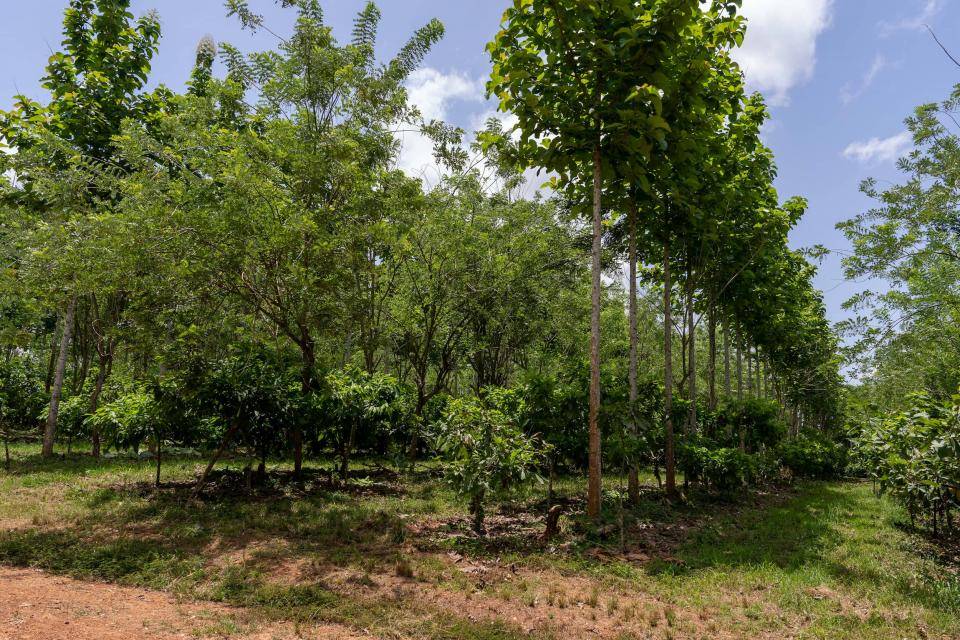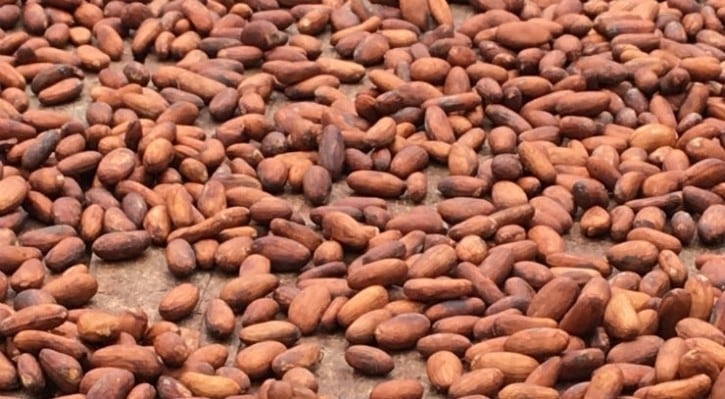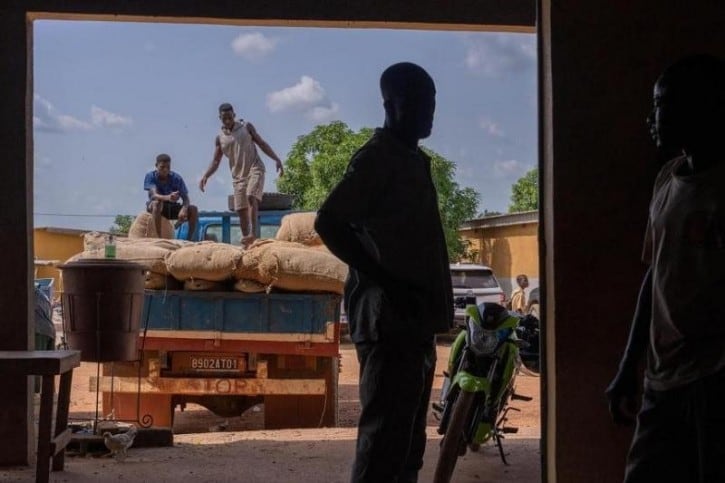In its latest Cocoa & Forests Initiative (CFI) progress report, the Group revealed how its on-the-ground teams, alongside partners, mapped numerous farms, enhancing traceability and environmental management.
“We provided extensive technical support to farmers, and more than 1.5 million multi-purpose/shade trees were distributed in Ghana and Côte d’Ivoire and over 1 million cocoa seedlings in Ghana to improve crop yields and foster agroforestry.
“Our focused efforts on community engagement and women's empowerment reinforced our commitment to environmentally sustainable production and strong community support.”
About the Cocoa & Forests Initiative (CFI)
In 2017, the Governments of Côte d'Ivoire and Ghana and the world's leading cocoa and chocolate companies, representing 85% of global cocoa usage, joined together to end deforestation and restore forest areas in Côte d'Ivoire and Ghana. Deforestation of tropical rainforests is a significant issue in Côte d’Ivoire and Ghana, producing nearly two-thirds of the world’s cocoa supply. Côte d'Ivoire and Ghana, respectively, lost 26% and 9.3% of their primary forest between 2002-2020. With a significant portion of deforestation attributable to cocoa farming expansion, collective action to end cocoa-related deforestation was needed.
Barry Callebaut was one of the leading signatories to drive the Cocoa & Forests Initiative (CFI) Frameworks for Action, which define the core commitments, verifiable actions, and time-bound targets required for a deforestation-free and forest-positive cocoa supply chain.
It led to the 2017 UN Climate Change Conference (COP 23), where the governments of Côte d’Ivoire and Ghana, together with other leading chocolate and cocoa companies, signed the Cocoa & Forests Initiative (CFI) Frameworks for Action, defining the core commitments and time-bound targets required for a deforestation-free and forest-positive cocoa supply chain.
“We envision a cocoa industry that is thriving and sustainable, where farmers prosper, communities are empowered, and the environment is protected,” said Nicolas Mounard, Barry Callebaut's VP ESG, Sustainability & Traceability.
After completing the collaboration’s first phase, Barry Callebaut published a new action plan in May 2022 that sets its targets for CFI 2.0 (2023-2025).
The Group's CFI 2.0 Action Plan has been developed in alignment with the national plans of Ghana and Côte d’Ivoire and lists its activities.
“These actions receive technical and financial support from our customers and partners to fulfill our CFI commitments and contribute to our Forever Chocolate goals. Our Action Plan highlights that in addition to striving for full traceability, we are focused on substantially expanding our Agroforestry Programme,” it said.




